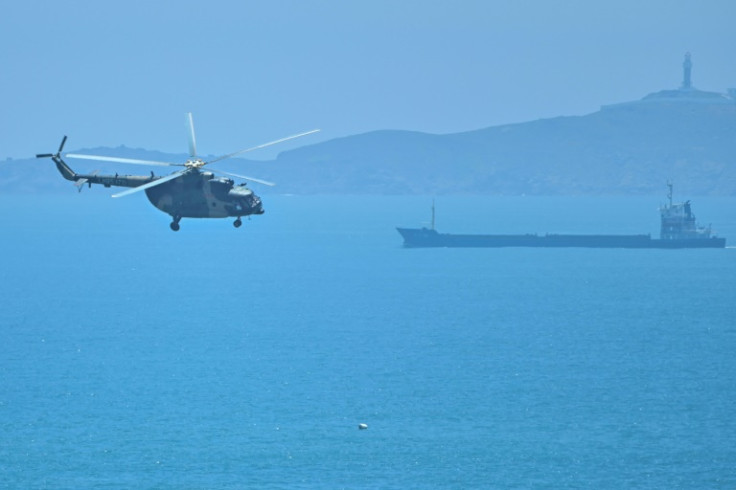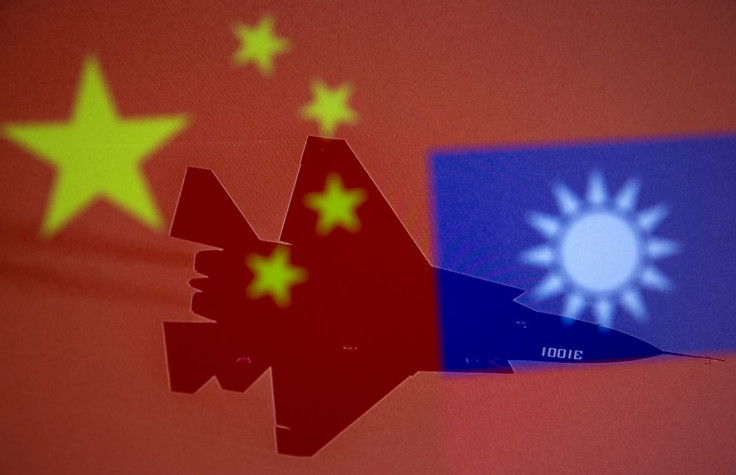China Will 'Forcibly Retake' Taiwan Within Next Decade, Expert Poll Shows

KEY POINTS
- An Atlantic Council survey showed that 70% of respondents agree that China will seek to "forcibly retake" Taiwan
- Only around two in 10 don't think that China will attempt to invade Taiwan in the next decade
- The Department of Defense believes China is still incapable of launching a full-scale invasion of Taiwan
Most leading global strategists and foresight practitioners believe that China will attempt to retake Taiwan by force in the next 10 years after 2022 saw record-high Chinese intrusions against the island nation.
According to a survey conducted by the Atlantic Council's Scowcroft Center for Strategy and Security, 70% of respondents agree that China will seek to "forcibly retake" Taiwan within the next 10 years. Only around two in 10 don't believe that this will happen.
Among respondents who are government employees, 88% said they believe that China will use force against Taiwan.
The survey revealed that 8% disagree with the statement, while the remaining 4% do not know at this point.
The poll respondents were largely U.S. citizens whose nationalities are spread across 30 countries, with European citizens constituting the majority of non-Americans.
The expert poll echoed the U.S.'s assessment that Beijing is accelerating its timeline to invade Taiwan.
In October 2022, Secretary of State Antony Blinken warned that Chinese President Xi Jinping was taking China in a more aggressive direction against Taiwan.
Blinken said China "was determined to pursue reunification on a much faster timeline" than previously thought, without providing estimates on when it would happen.
But U.S. Navy Chief Admiral Michael Gilday offered a much-accelerated timeline, suggesting that China could invade Taiwan as soon as this year.
Gilday noted that Xi stated that Beijing would never promise to renounce the use of force to reunify with the island nation.
Despite their assessment that China could invade Taiwan in the next few years, the U.S. Department of Defense (DoD) believes that Beijing is still incapable of launching a full amphibious assault against the island.
In its annual report to Congress in November 2022, the agency said that with the absence of the capability to launch a full-scale invasion, China could resort to computer-based attacks and special operations to "neutralize" Taiwan's leadership.
The DoD also suggested that China could engage in information campaigns to disrupt Taiwan's official communication channels and control the narrative.
Last year, the relationship between China and Taiwan further deteriorated following a record number of air incursions and war exercises that threatened the island's democracy.
According to the Taiwanese defense ministry, China deployed 1,727 planes into Taiwan's air defense identification zone in 2022, almost double the 960 recorded Chinese incursions in 2021.
China also held military exercises when former House Speaker Nancy Pelosi made an unprecedented visit to Taiwan in August 2022, becoming the U.S.'s highest official to travel to the island nation.

© Copyright IBTimes 2024. All rights reserved.






















